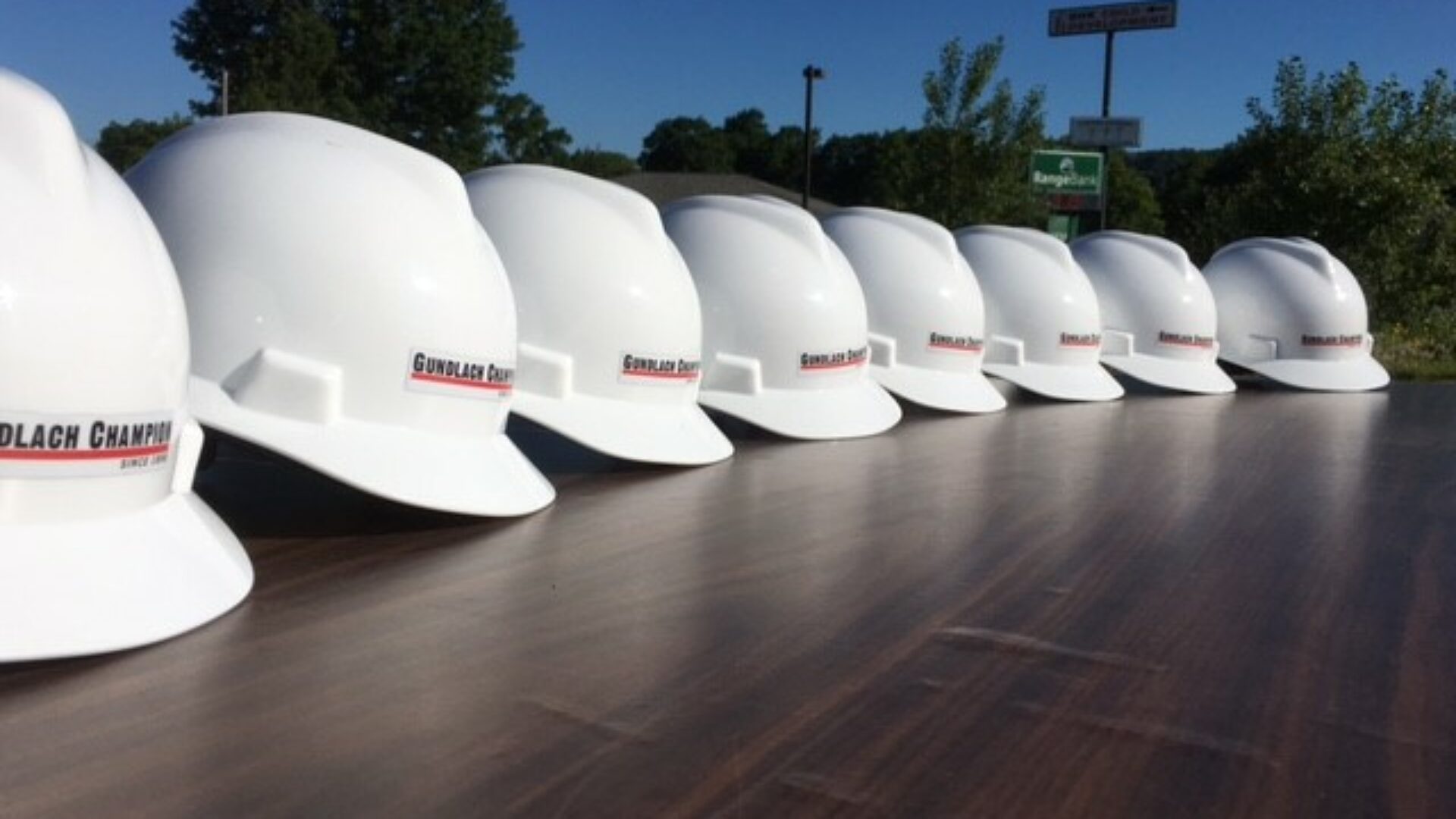While new commercial construction builds can be challenging from a construction standpoint, reutilizing pre-existing structures comes with its own unique set of challenges for ensuring safety, efficacy, and long-term sustainability. As industries, and the world, shifts to a more sustainable mindset that prioritizes resource optimization, environmental sustainability, and the preservation of cultural buildings, reviving commercial spaces for new uses is on the rise. Rather than demolishing aging structures, Gundlach Champion is able to partner with businesses to breathe new life into repurposed buildings through adaptive reuse.
Adaptive Reuse
In the commercial construction world, adaptive reuse refers to the act of reutilizing an existing space for a use outside of its original purpose. Examples could include turning a dilapidated manufacturing facility into an updated tech company space, converting an outdated hotel into a modern apartment complex, or turning a historical building like a courthouse or a train station into a museum or restaurant.
Adaptive reuse, at its core, aims to preserve the history and character of buildings while innovating new and efficient uses for them.
Benefits of Adaptive Reuse
Adaptive reuse can bring with it a plethora of benefits for business owners and developers, as well as leading to more overarching environmental sustainability advantages. Many buildings fit to be repurposed already exist in business hubs or prime commercial locations like downtown areas or near high-population areas. As a result, business owners often have an easier time navigating zoning and permitting while also having more convenient access to utilities, transportation, and consumers themselves.
Additionally, when properly assessed and budgeted, adaptive reuse renovations can sometimes be more cost-effective than new builds, depending on the condition of the existing building. Many core components like foundations, infrastructure, walls, etc. likely are already in functioning condition, meaning expenses can be focused on revitalizing the interior of a building to suit current needs.
Adaptive reuse is an up-and-coming approach to commercial construction also due to its ability to preserve the character of a building or community. Historical buildings, landmarks, and notable architecture are often important components of a community environment and revamping them rather than demolishing can lead to a greater community presence.
Lastly, adaptive reuse stands as one of the most eco-friendly forms of commercial construction due to the minimized construction waste, need for new materials, and overall carbon footprint. Reusing versus recreating helps sustain finite natural resources while reducing the need to create new waste.
Gundlach Champion prides itself in having supported numerous adaptive reuse projects across Michigan. From early feasibility studies to ongoing structural assessments, Gundlach Champion brings the technical expertise and decades of experience to turn existing buildings with potential into productive and sustainable assets.

